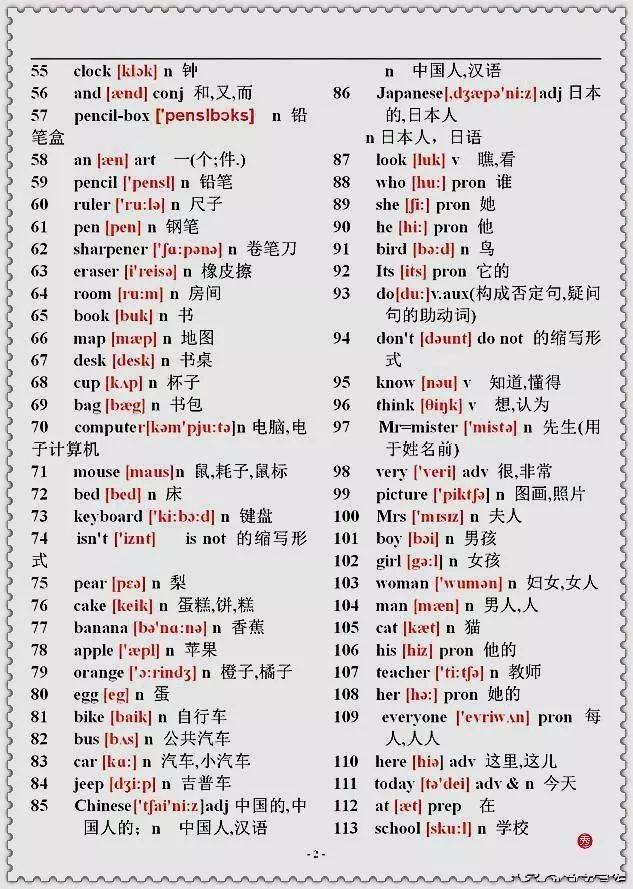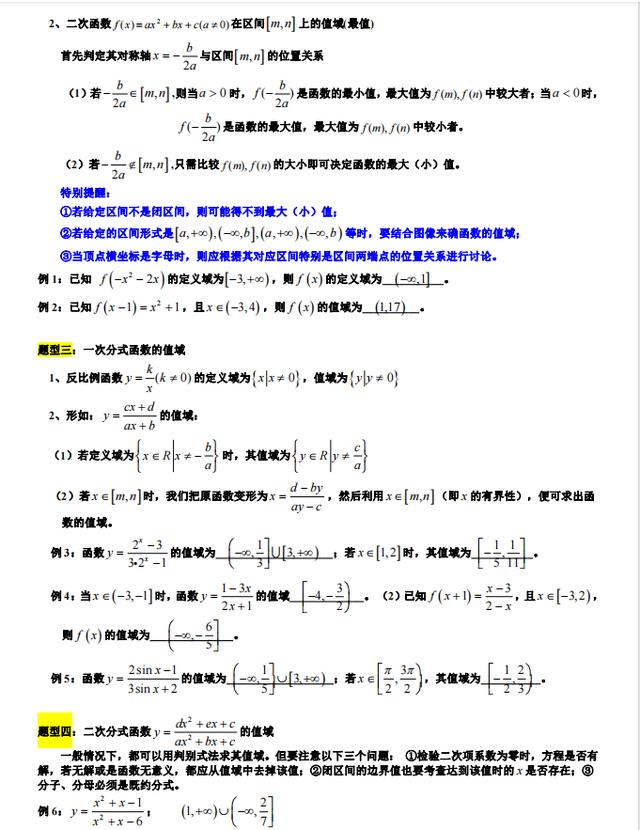初中英语语法动词知识点(初中英语语法动词知识点总结)

动词是初中英语语法中很重要的一部分,今天给同学们整理了初中英语语法动词知识点,同学们一定要掌握起来。
初中英语动词总结
一、系动词
(一)含义:系动词本身有词义,但不能单独作谓语,必须跟表语一起构成系表结构,说明
主语的性质、状态、特征或身份等。
(二)常见的系动词有:
am,is,are,was,were,look,sound,smell, taste,feel,become,turn,go,get,stay,
keep
eg:
I am a worker.
The dish tastes delicious.
The leaves turn yellow in fall.
Stay healthy and you can enjoy your life.
二、助动词
(一)含义:本身无意义或意义不完整,不能单独成调语,必须和实义动词连用,构成时态、
语态、否定句和疑问句等结构。
(二)常见的助动词
有:be,do,does,did,will would,shall,have,has,had等。
1.助动词be(am,is,are,was,were)
1)“助动词be 现在分词”构成进行时时态。
现在进行时I am telling you something very important now.
过去进行时What were you doing when I called you last night?
2)“助动词be 过去分词”构成被动语态。
eg:Where was the knife found?
2.“助动词have/has 过去分词”构成现在完成时时态。
现在完成时eg:Tom has been to China two times.
过去完成时 When I got to the train station,the train had left already.
3.助动词 do,does,did构成疑问句、否定句等。
eg:Do you like the car?
She doesn't want this shirt.
Did you catch the ball?
注意:构成疑问句和否定句时,助动词后面要跟动词原形。
4.助动词 shall 和will构成将来时时态。
eg:Shall we go to the bar tomorrow?
Tom will be there in two days.
【shall只用于第一人称,will在使用中无人称限制.】
三、实义动词。
(一)含义:实义动词在句中能独立作谓语,分为及物动词和不及物动词,缩写形式分别为
vt和vi.
(二)分类:
1.及物动词:本身意义不完整,需要接宾语才能使其意思完整。
1)v. 宾语
eg:I like dresses very much because I look beautiful when I wear them.
I am drawing a picture for my mother.
2)v. 宾语 宾补
eg:We call him Secret Assistant.
I saw you playing with the dog just now.
3)v. 直接宾语 间接宾语
eg:Please tell me everything about the meeting.
could you please pass the letter to him?
2.不及物动词:本身意义完整,不必接宾语。
eg:Tigers always run fast.
1)有些动词既可以作及物动词,也可以作不及物动词。
eg:We study English.(及物动词)
We study hard.(不及物动词)
2)有些动词可以和介词搭配,相当于一个及物动词。
eg:Listen to the music carefully.
I like to dance to the music when I feel a little tired.
四、情态动词
(一)定义及原则
定义:表示说话人的态度和看法。
原则:1)不能单独使用,后接动词原形,构成谓语;
2)没有人称和数的变化;
3)否定句在情态动词后面直接加not
(二)常见情态动词及用法
1.表能力
现在有能力做can=am/is/are able to,
过去有能力做 could=was/ were able to。
2.必须、不必和禁止
必须:must(表示主观因素)have to(表示客观因素)
不必:don't have to do/needn't do
禁止:mustn't(语气十分强硬,一般涉及生命安全时常常使用)
3.委婉请求
may>might,can>could
4.表推测
绝对不:can't,绝对不可能发生的事情的猜测;
可能:may,might;
一定是:must,对绝对有把握的事情的猜测。
5.肯否不一
1)May I come in?
Yes,you may/can.
No,you cant/mustn't.
2)Can/Could I speak?
Yes,you can.
No,you can't.
3)Must/ Need I go now?
Yes,you must
No,you needn't/don't have to.
,免责声明:本文仅代表文章作者的个人观点,与本站无关。其原创性、真实性以及文中陈述文字和内容未经本站证实,对本文以及其中全部或者部分内容文字的真实性、完整性和原创性本站不作任何保证或承诺,请读者仅作参考,并自行核实相关内容。文章投诉邮箱:anhduc.ph@yahoo.com






